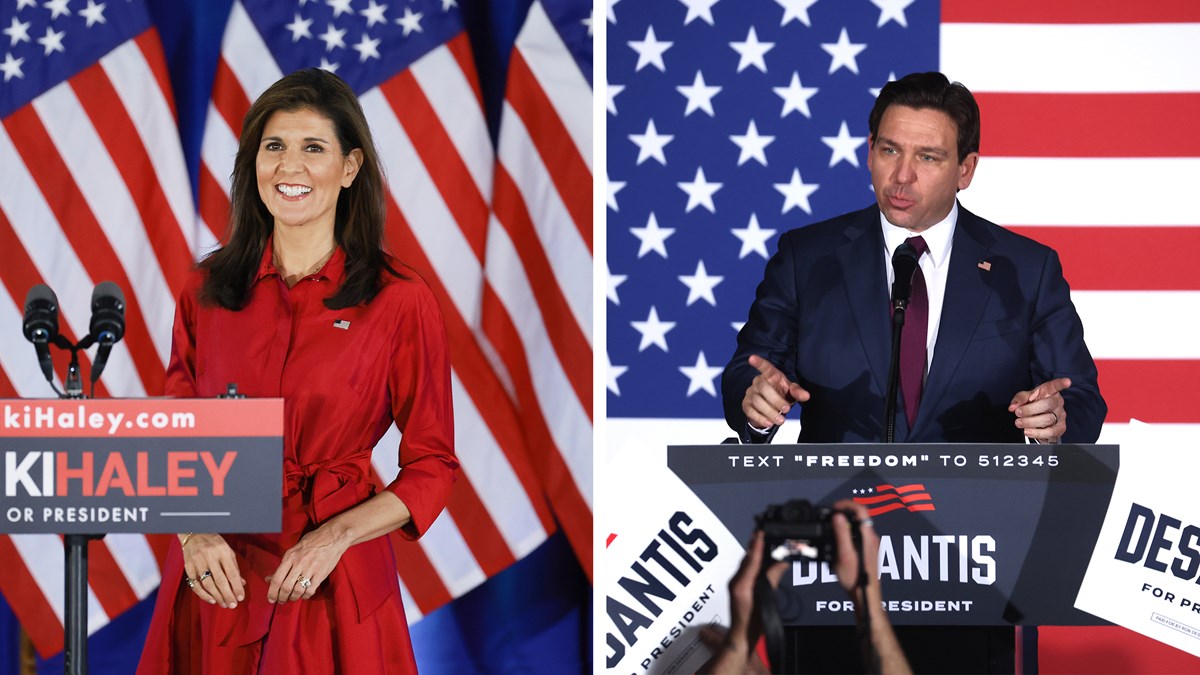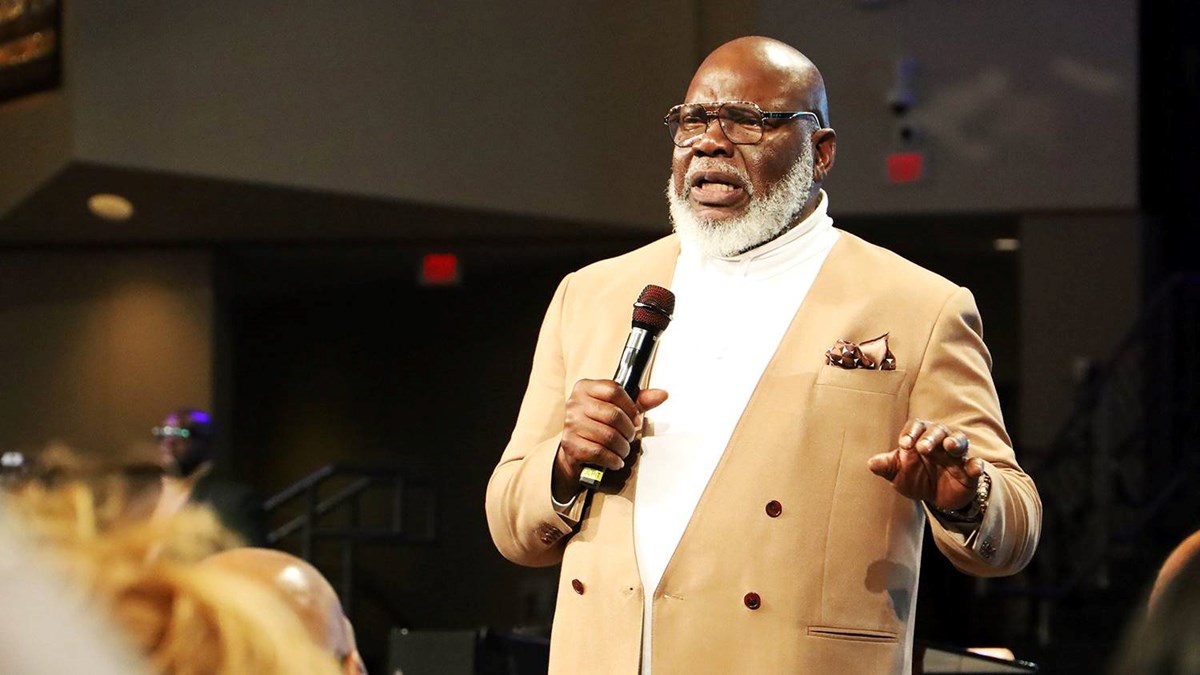Donald Trump’s blowout win in Iowa left both Nikki Haley and Ron DeSantis, who declared they’d continue their race for the 2024 GOP presidential nomination, to do their best to spin the outcomes in a positive direction.
“We got our ticket punched out of Iowa,” DeSantis told supporters. “I am not going to make any excuses and I guarantee you this: I will not let you down!”
DeSantis, who spent big in the state and traveled to all 99 counties, outperformed his polls, but the Florida governor only bested Haley by a middling two points and fell far shy of Trump at 21 percent of the votes.
“Given where DeSantis started the campaign last spring, and the time and money he spent in Iowa, his performance was devastating,” said Mark Caleb Smith, a Cedarville University political science professor.
DeSantis didn’t perform as well with white evangelicals as he had hoped, with Trump holding on to half of all votes and taking a majority of the evangelical Christian bloc.
“It is fascinating how they’ve come to put such trust and hope into Trump,” said Smith. “They’ve rationalized—justified—that Trump is the one that is kind of this instrument of God. He’s the King Cyrus, right, that’s going to ‘look out for us, even though we don’t necessarily embrace his own personal piety or lack thereof.’”
Trump’s 30-point margin was enough for two candidates to drop out. Entrepreneur Vivek Ramaswamy, who garnered 7.7 percent of the vote, read the political winds and, just a few hours into the night, suspended his campaign and endorsed Trump instead. Former Arkansas Gov. Asa Hutchinson also rolled up his campaign after winning 0.2 percent of the vote.
Haley, the former South Carolina governor and Trump-era United Nations ambassador, prevented the former president from capturing every single county by a sole vote, but she finished third overall.
In her speech after the caucuses, Haley declared the primary a “two-person race,” leaving some to wonder if her staff failed to rewrite a draft from an expected second-place win. But strange as it seems for someone who finishes third, political watchers said she may have a point.
With DeSantis’s second-place finish, “three tickets were punched out of Iowa,” Jeff VanDerWerff, a political science professor at Northwestern College, a Christian school in Orange City, Iowa, told Christianity Today. “But with DeSantis already planning to skip New Hampshire, I suspect that it’s already down to a two-person race.”
While the race for second has often been cursory, there are unique dynamics this time around—namely the indictments hanging over Trump’s head—that could give it outsized importance.
“If Trump could not proceed for any reason, the party will need an alternative,” said Wheaton College political science professor Amy Black. “DeSantis and Haley are fighting to be that alternative.”
Entrance polls found that 31 percent of caucus goers would not consider Trump fit to be president if he is convicted, something that could present a problem down the road. But that may not surface for a while.
“They may not play much of a role in the nomination process. I think the general election is where we see a dropoff for Trump if convicted,” said Smith.
A lot will hinge on Haley’s performance in New Hampshire a week from today.
“For her to succeed in defeating Trump, nearly everything has to go right,” Smith said. “She now has very little margin for error.”
One of the things that needs to go right for the former South Carolina governor is a win in the Granite State, where Trump currently has a lead over Haley of around 13 percent, according to FiveThirtyEight’s polling average.
DeSantis is polling at 5.4 percent. Perhaps those numbers informed where each candidate went post-Iowa: DeSantis headed to South Carolina for a campaign stop, while Haley flew straight to New Hampshire.
Haley’s campaign argued in a press release that the rest of the race “now moves to less Trump-friendly territory,” and that for a former president, Trump’s numbers in New Hampshire being only 43 percent are “historically bad.”
Haley’s allies have also pointed to national polling finding that Haley has the biggest edge compared with Trump or DeSantis in a potential face-off with Joe Biden.
Tyler Raygor, senior advisor with Americans for Prosperity Action, a group that endorsed Haley, said that while door-knocking in Iowa, Haley supporters told him that “they know that she can actually win the nomination … everyone has seen the polls with her going head-to-head against Joe Biden. And you’re talking about kind of a landslide. A lot of people don’t want to take the risk of a close election.”
It seems clear that going forward, Haley doesn’t plan on focusing her fire on anyone else but Trump. She announced Tuesday that she will not skip any more debates that don’t also feature the former president. The debate scheduled Thursday in Manchester, New Hampshire, seems scuttled in light of that change unless Trump has a change of heart.
But Trump has little incentive to reverse course, with his strong showing giving the race a feeling “more like an incumbent presidential campaign than a true primary,” Smith observed. “Trump has universal name recognition and the support of a strong plurality of Republicans. Unless something shifts, this looks like it could be over sooner rather than later.”
Others agreed. “If Trump wins next week,” VanDerWerff predicted, “The Republican nomination will be over.”




























![[Video] More – Aghogho » GospelHotspot](https://gospelhotspot.net/wp-content/uploads/2024/04/More-Aghogho.jpeg)
















